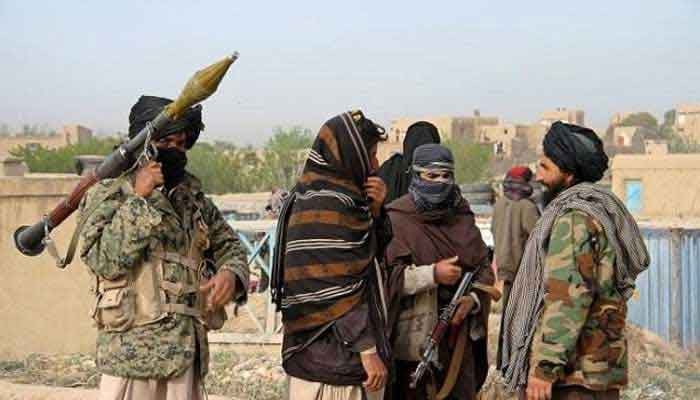Tehreek-e-Taliban Pakistan has been a chronic threat to Pakistan for a long time. Their violence is characterized by cycles, and the government has responded by trying to restrict their influence.
Fazlullah took control of Swat during the final days of Musharraf’s rule, and Lal Masjid became a hub for radicalism in the center of Islamabad. Everywhere throughout Pakistan, attacks broke out randomly on a regular basis.
Notably, TTP-related incidents significantly decreased between 2014 and 2018, partly because the PML-N government implemented the National Action Plan (NAP). Developed in 2014, the National Action Plan was a comprehensive plan to combat extremism and terrorism in Pakistan. It covered a wide range of strategies, such as military actions against extremist organizations and judicial reforms.
Under NAP, the PML-N administration implemented strict policies that significantly reduced TTP-led attacks and brought stability back to areas that had been ravaged by war. The course of these initiatives was, however, changed by the later change in government policy implemented under the leadership of the former prime minister, Imran Khan.
The PTI government’s strategy deviated from the antagonistic posture of earlier administrations, as seen by Khan’s claim that the Afghan Taliban are our neighbors and allies who are fighting for their freedom. Khan said that Osama bin Laden was “martyred” by US forces in the National Assembly. Readers may also recall his claim that after US soldiers departed Afghanistan, the Taliban in that country were “breaking the shackles of slavery.” Everything was part of the plan.
Imran Khan had previously asserted that the reason behind the TTP and other extremist groups’ unrelenting attacks on Pakistan was the ongoing conflict in Afghanistan and the presence of foreign forces there for almost 20 years following 9/11 as part of the “war on terror.”.
Alongside this shift in tone came a contentious proposal to relocate TTP members inside Pakistan, which alarmed experts and members of the public due to potential threats to national security. The problem of terrorists among the estimated 600,000 Afghans who will enter Pakistan in 2021 is another.
Following the relocation plan’s implementation, Pakistan has seen a startling increase in assaults attributed to the Taliban in 2023.
The attacks, which target both rural and urban areas, have become more frequent and intense, raising worry in different regions and jeopardizing the hard-earned progress made possible by the National Action Plan.
Over four hundred terrorist strikes have occurred in Pakistan so far this year. It begs the question of whether we are witnessing a return to the post-2008 era, when terrorist attacks on airports and the Army Public School were the height of national terror. It’s possible that readers recall how vicious these attacks were.
Public safety is now seriously at risk due to this violent rise, raising doubts about the PTI government’s ability to effectively combat the terror threat. Public fear, together with concerns voiced by experts and opposition parties, highlights the imperative for a comprehensive reevaluation of policies and ways to defend the nation’s security interests.
The lie that Imran Khan has been spreading for the last twenty years—that the TTP is targeting Pakistan because we are siding with the United States—has now been exposed as false. Even though the Americans have departed Afghanistan, assaults on Pakistan are back and more vicious than ever. This is true even if Imran Khan’s administration fully supports the Taliban in Afghanistan.
It is obvious that the TTP will not stop until they overturn the government and impose their interpretation of Shariah across the nation; they will not be placated by any peace agreements or acts of appeasement. To understand what this entails, we can examine what is occurring in Afghanistan. In this state, women would no longer be permitted to work or pursue education, and any opposition would be eradicated.
It is now essential to review the NAP’s successful components and match them with the nation’s current security challenges as Pakistan struggles with the TTP’s growing danger. In the face of growing security threats, coordinated measures are required to guarantee that residents’ safety and wellbeing are kept as top priorities.







